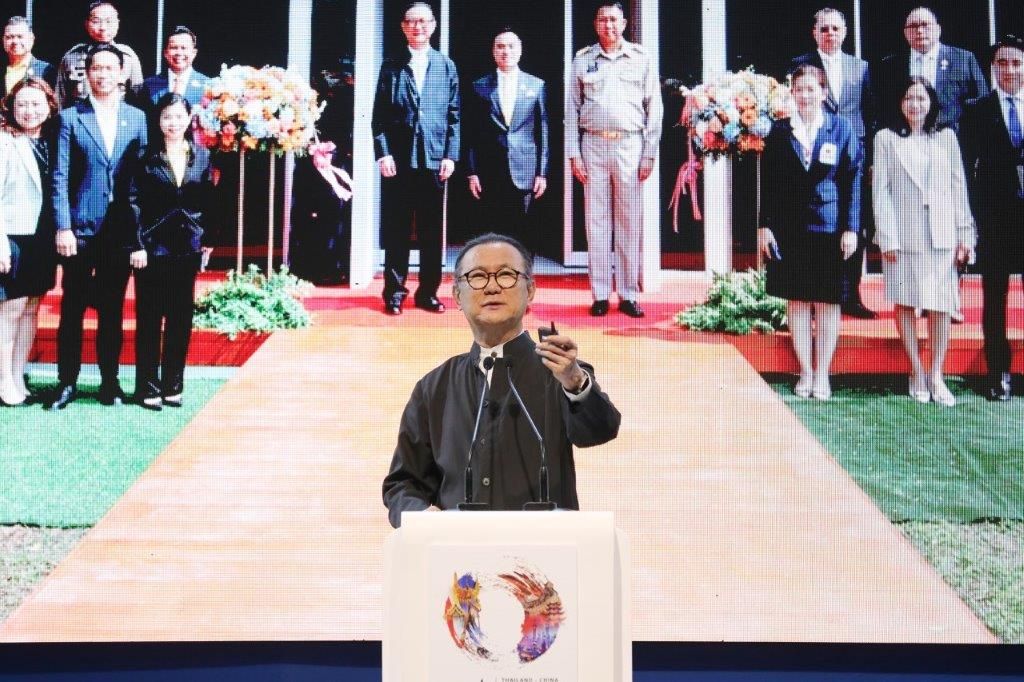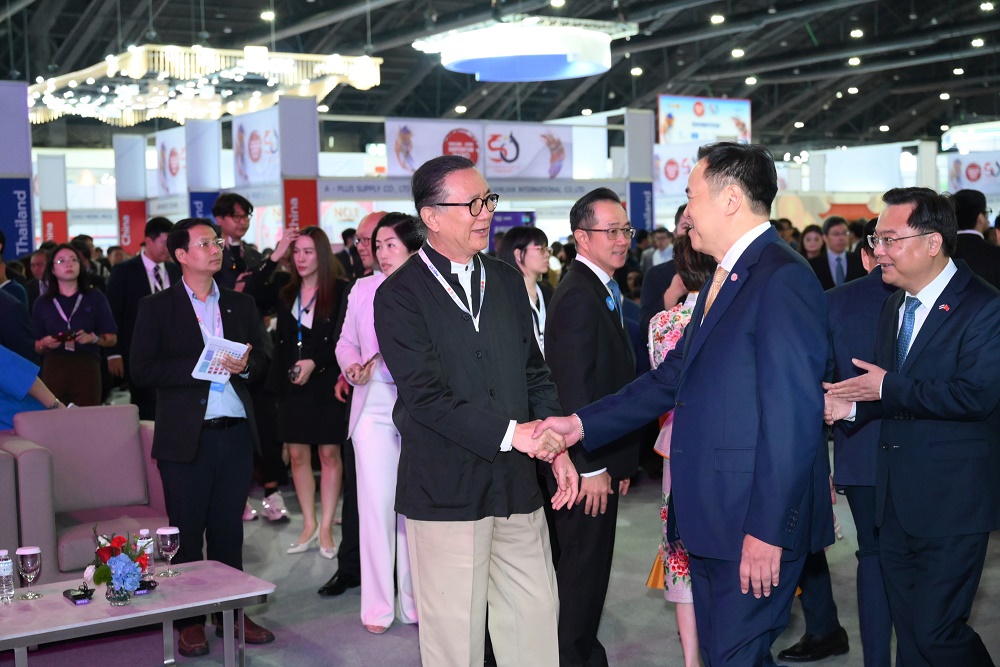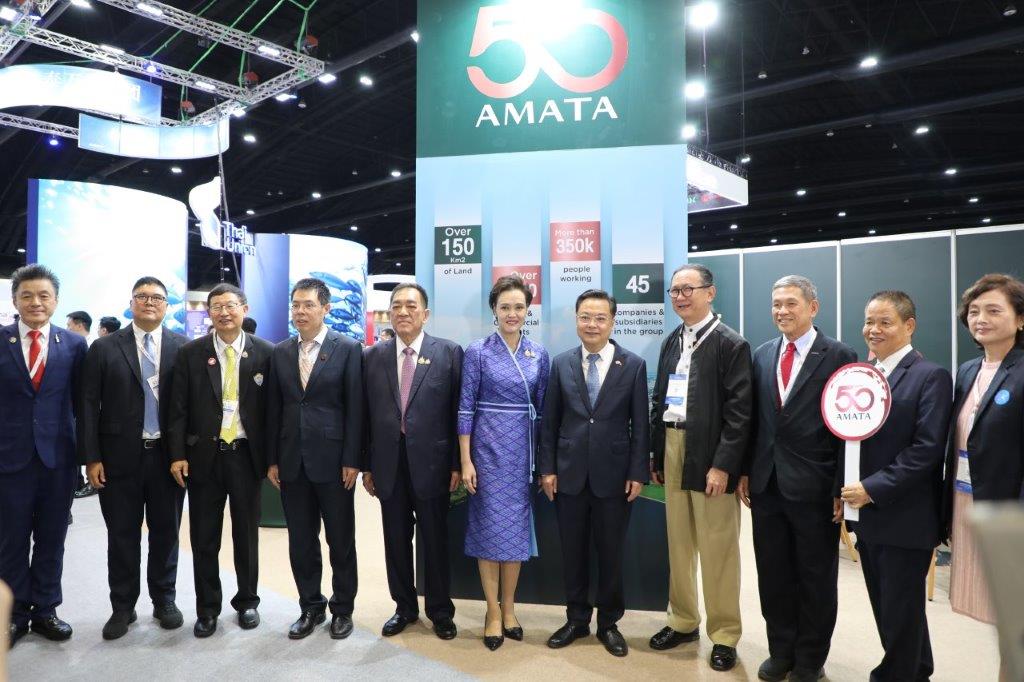-- Amata Corporation PCL, Thailand's leading industrial estate developer, has used the platform of the Thailand-China Cooperation Expo 2025 to reinforce its pivotal role as a bridge for Sino-Thai economic relations, positioning the Kingdom as a strategic manufacturing hub for global-facing Chinese investment.

The expo, held from September 26-28 at Impact Muang Thong Thani convention centre, Nonthaburi, to commemorate 50 years of diplomatic relations between the two nations, served as a stage for Mr. Vikrom Kromadit, Chairman and Chief Executive Officer of Amata, to articulate a shared vision for future investment and stable economic growth.


In his special address, Mr. Vikrom, who also serves as Chairman of the Thai-Chinese Business Council and an advisor to the Thai Chamber of Commerce, highlighted five decades of deepening economic ties.
He noted that throughout this period, Amata has continuously developed its industrial estates to accommodate a steady influx of Chinese investors, transforming them into a strategic ASEAN production base.
"This support is not merely a business dimension of mutual growth," Mr. Vikrom stated, "but a reaffirmation of the relationship that has connected Thai and Chinese investors for 50 years, which aligns with Amata's own growth over the past half-century."
From Industrial City to Eco-Industrial City
Drawing from the strategic concepts outlined in Amata's corporate presentation, Mr. Vikrom elaborated on the company's evolution beyond a simple estate developer.
He framed Amata's future as a "Key Driver for Smart and Green Transition in the Region."
He detailed the scale of Amata's established base, with its two core Thai estates in Chon Buri and Rayong already hosting over 1,300 factories and nearly 300,000 employees.
The vision, he shared, is to expand this footprint to 5,000-6,000 factories and over two million employees, while simultaneously committing to becoming a "Low Carbon City by 2040."
To achieve this, Mr. Vikrom pointed to several key initiatives that make Amata an attractive, sustainable partner for modern manufacturers:
* Zero Discharge Water Management: He highlighted Amata's closed-loop water system, where 43% of treated wastewater is reclaimed, 31% for use in power plant cooling and 26% for maintaining green areas and golf courses, ensuring no wastewater is discharged from the estates.
* Waste-to-Value Model: The "Zero Waste" concept was explained, with 89% of general waste converted into Refuse-Derived Fuel (RDF) for cement factories, and 11% waste recycled, aiming for a complete circular economy model.
* Green Energy Transition: The push for renewable energy, including rooftop solar, floating solar, waste-to-power, and wind energy, was emphasised as critical for supporting investors' own carbon neutrality goals.
"These utilities and sustainability frameworks are not just infrastructure," Mr. Vikrom said. "They are the bedrock for a modern, resilient global supply chain hub."
During the expo, Amata hosted an exhibition booth showcasing the potential of its industrial estates and the strong network it has built with Chinese investors, many of whom continue to expand their operations in Thailand.
The company's presence underscored its position not just as a Thai industrial leader, but as a strategic partner that has stood alongside Thai-Chinese development for the past 50 years and is poised to continue for the next 50, on a path towards a sustainable industrial future.
*******************************************
For more information
Please contact Public Relations, AMATA Corporation PCL
E-mail: [email protected]
Release ID: 89171365




 Google
Google RSS
RSS